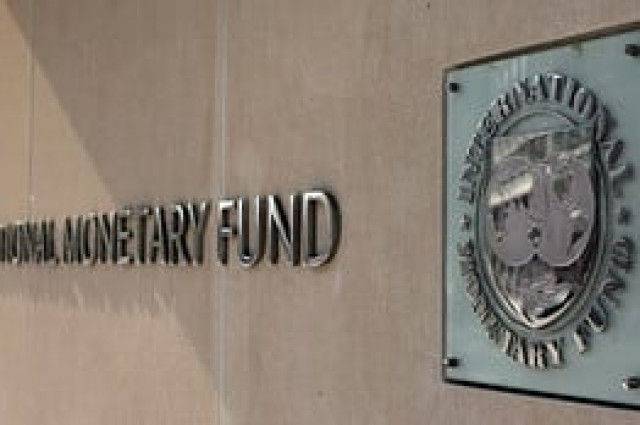Govt to take business-led proposals to IMF
Minister says govt strengthens NTC as local industries face dumped imports, inconsistent policies

As factories face a “double whammy” of dumped foreign goods and inconsistent domestic policies, Minister of State for Finance Bilal Azhar Kayani on Monday assured that the government would take all feasible industry proposals to the International Monetary Fund (IMF) for consideration to contain the losses.
Addressing a press conference, Kayani said the government would review any workable proposals made by the eight newly constituted business-led working groups. These groups were formed two days after Prime Minister Shehbaz Sharif ordered their creation to prevent the “collapse” of exports and factory closures.
Kayani said the working groups would frame recommendations compatible with the IMF programme, adding that any consensus proposal would be shared with the Fund for implementation. The decision followed up on a “wake-up call” presentation by business leaders to the PM last week, a meeting arranged by Kayani himself.
He said the premier had sought the honest input from business leaders to help turn stability into growth and enhance exports. The three-hour deliberations aimed to gather their perspective to aid in policy-making.
The meeting came as local factories, already struggling with erratic policies, now face the new threat of dumping of foreign goods.
Pakistan is particularly vulnerable to an influx of Chinese products after US President Donald Trump imposed tariffs of up to 145% on Chinese exports, forcing Beijing to seek alternate markets. Pakistan, the world’s fifth most populous nation, remained one of the most accessible due to a Free Trade Agreement that allows duty-free entry for most Chinese goods.
Responding to questions on the issue, Kayani said the government was strengthening the National Tariff Commission (NTC) to protect local industries. He added that the new committee, constituted by the PM, would further empower NTC to counter dumping practices. In the past year, three policy measures, the off-grid levy, the carbon levy and higher taxes have eroded what little competitiveness Pakistan's industries had left.
Business leaders warned the prime minister that once export industries close, they will not reopen.
"Rational investor will not return to a harder, lower-yielding business model," they stated, calling for urgent policy reform to avoid "permanent deindustrialisation".
They cautioned that if the current condition persists, closure would result not only in lost output but in a permanent decline in industrial capability, employment potential, and foreign exchange earnings for generations.
Exporters also complained that smuggled and under-invoiced imports are flooding domestic markets, unfairly undercutting documented manufacturers. They cited The Express Tribune’s earlier report exposing a $16.5–30 billion import data discrepancy over the past five years. “Annual discrepancies between PRAL and Single Window import data reveal the scale of leakage,” the business community’s presentation stated.
Foreign export units, they added, are being forced to rely on an expensive and unreliable power grid or invest in CAPEX for a new energy option due to the off-grid levy, while paying penalties for underutilised infrastructure. This paradox, they said, has made exporting “economically irrational.”
Business representatives also criticised the imposition of the carbon levy on fuel imports, calling it a “policy anomaly” that destabilises global competitiveness by raising production costs and threatening Pakistan’s export base.
Kayani said the PM had directed that the consultation process move beyond discussion to action. He added that the new working groups would be led by private-sector representatives, a shift from the past when the government dominated such initiatives.
“We want practical policy recommendations that these groups will present to the PM, which will be implemented while keeping in mind the IMF framework,” Kayani said. He added that the goal was to find workable solutions to reduce taxation and energy costs for businesses.
The business community, however, highlighted that Pakistan’s current tax structure punishes documented exporters while rewarding informal operators. “Tax inversion is economically absurd,” they said. “Exporters who bring in foreign exchange and create formal jobs are penalised with higher tax rates than purely domestic businesses. The policy rewards staying local and punishes going global”.





















COMMENTS
Comments are moderated and generally will be posted if they are on-topic and not abusive.
For more information, please see our Comments FAQ